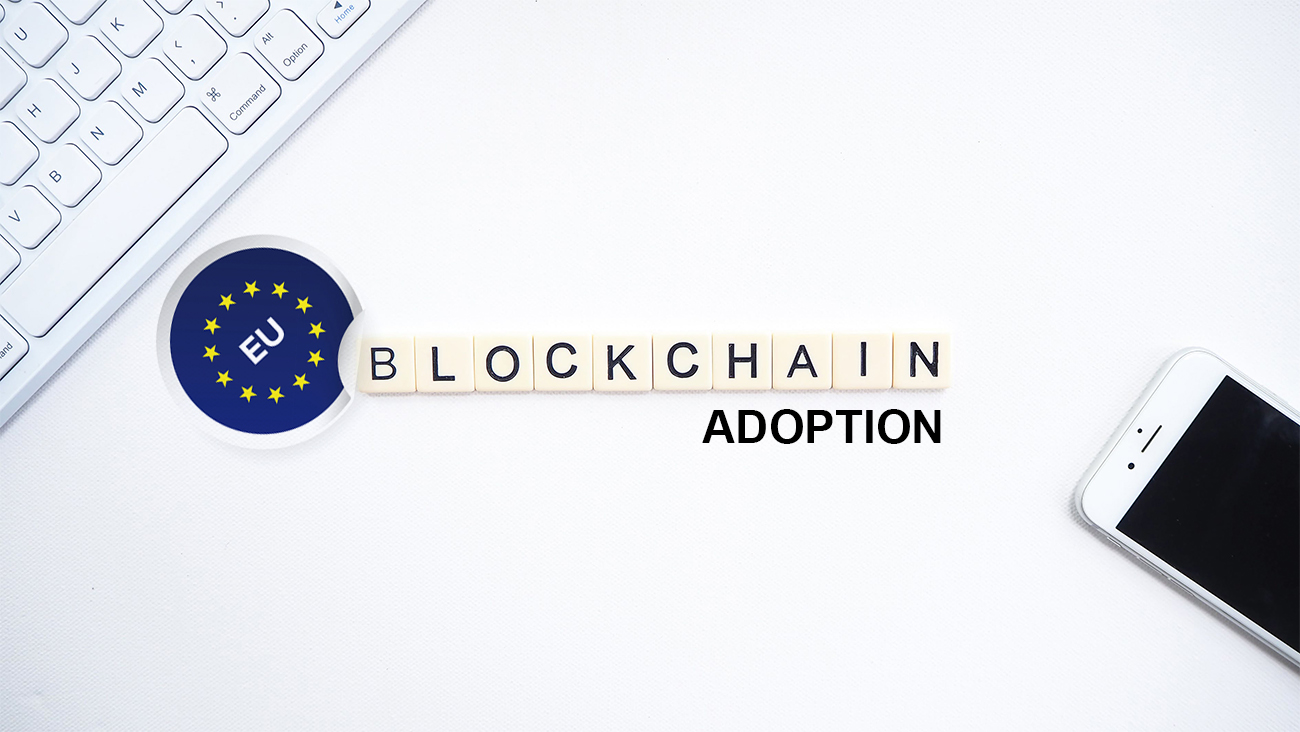


European nations exchanged Blockchain related experiences to learn and grow individually. It’s all healthy competition and educational, with the likes of Belgium and the Netherlands also growing with 45 and 37 recognised Blockchain’s that we are aware of, while Italy, Switzerland and the Scandinavian countries are also making waves in the industry. On the other side of the coin, there’s little involvement is in the south east of Europe, with the likes of Bosnia and Herzegovina, Hungary and Slovakia yet to make an impact in this field. How it is implemented depends on the economy in that nation, the level of resources they have and whether they think it can be successfully executed in that nation.
To help with the progression of Blockchain, the EU Blockchain Observatory and Forum was launched by the European Commission with the intention of giving it a platform to grow, expanding it in areas that it’s needed and providing developments on the progression of this technology throughout Europe. Watch this space because the more sectors we see opening their mind to Blockchain, the bigger it will become.
The likes of HSBC and Barclays are considering it in the financial world, technology firms such as IBM are slowly implementing it to help protect the data rights of an individual and groups, and it won’t be long before the legal sector considers using it to store masses of data they have to keep on file. Also, think of how it could improve healthcare, which is on its knees in the UK. If the NHS had an electronic system that offered a greater means to communicate between doctors and nurses, keeping all files securely on one platform to share on a decentralised database, it would be a huge game changer in an industry that needs help and financial support. Think of what it can do for the real estate industry, storing contracts at paperwork, or consider the improvements it could make to education.
The concept of Blockchain could dramatically alter the way we work and live our daily lives. Thirty years ago nobody even imagined for one second that the internet would change our daily routines and habits. Do you read the newspaper as much as you used to, or is the latest news digested on the mobile? How do you keep in touch with family, or make a bank transfer? Nearly everything you do in modern society in the 21st century is at your fingertips, or at the push of a button. When this is the case, that data is stored digitally but you lose the power over owning and securing that data.
GDPR was introduced in Europe to give the power back to the people, but the internet still needs to catch up. It’s a wonderful tool that needs help. Blockchain can provide the answer and Alacrity could be the bridge that gives you the freedom and ownership to be in charge of what you do. It has the power to change organisations, governments and businesses for the better, providing a platform to save money, time and give you peace of mind by storing data securely. Alacrity can resolve the key issues that were not addressed by current/previous Blockchain’s to help the technology realise its future, with Europe so far leading the revolutionary charge.
-->
Leave a Reply